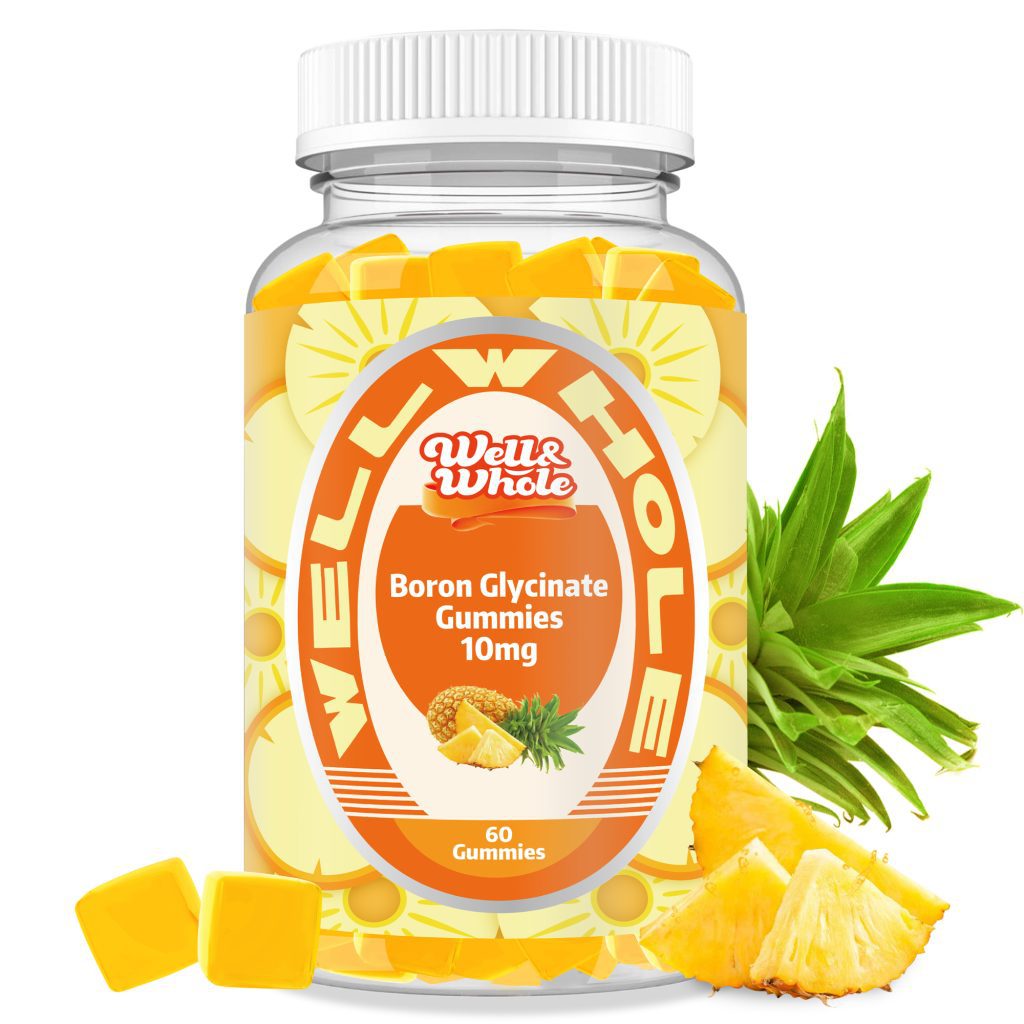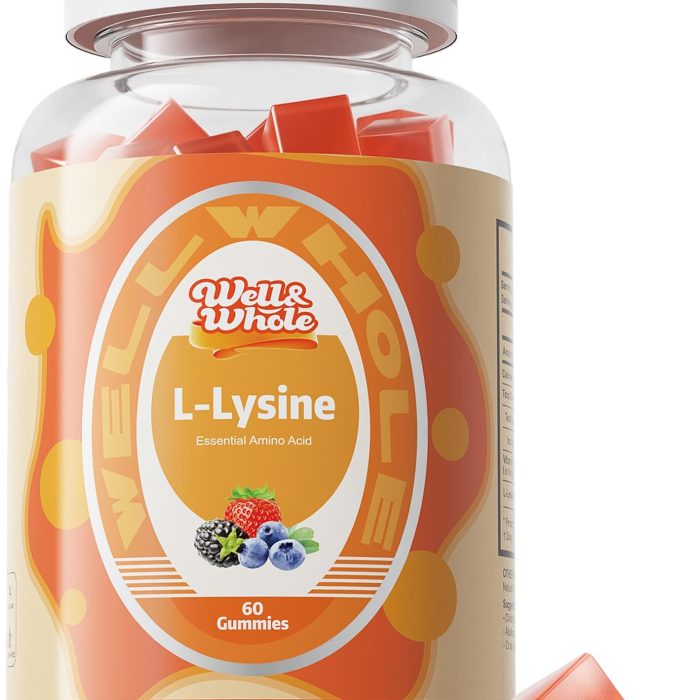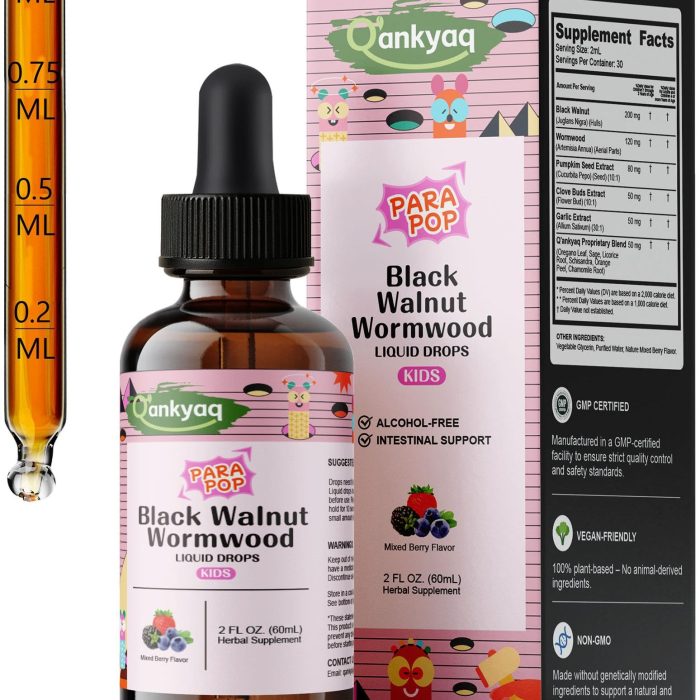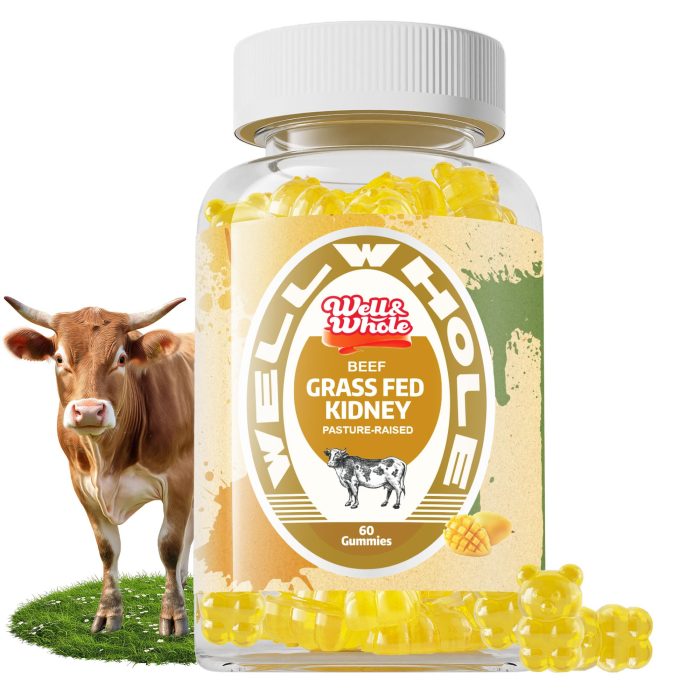Achieving Complete Protein Without Meat: A Practical Guide for Healthy Living
When it comes to maintaining a balanced diet, many assume meat is an indispensable source of protein. However, that’s a misconception. There are numerous plant-based options that provide complete proteins, ensuring all nine essential amino acids are included in your diet. Whether you’re a vegetarian, vegan, or just looking to explore alternatives, understanding how to access protein-rich foods without relying on meat is important for optimal health.
Below, we answer common questions and provide actionable insights, backed by research, on achieving balanced nutrition without meat-based protein.
Why Is Protein Essential for Your Body?
Protein plays a vital role in almost every bodily function. These macronutrients are the building blocks of muscle, tissue repair, enzymes, and hormones. Without sufficient protein, your body struggles with day-to-day processes such as maintaining healthy immune function, muscle strength, and energy levels.
But what makes a complete protein special? Complete proteins contain all nine essential amino acids that our bodies cannot synthesize independently. Traditionally associated with animal products, complete proteins are equally accessible in the plant-based world with a little strategic planning.

What Are the Best Non-Meat Sources of Complete Proteins?
While many plant-based foods lack one or two essential amino acids on their own, combining specific ingredients can easily create complete protein meals. Here are top options for achieving complete proteins, tailored for meat-free diets:
- Quinoa
Unlike other grains, quinoa is a naturally complete protein. With about 8 grams of protein per cooked cup, it’s an excellent choice for grain bowls, salads, or side dishes. Its versatility means you can easily incorporate it into daily meals. - Soy-Based Products (Tofu, Edamame, Tempeh)
Soy is hailed as a protein powerhouse. For instance, tempeh offers approximately 15 grams of protein per serving, and tofu provides various textures for different recipes. Soy is highly adaptable, making it easy to include in a wide array of dishes, from stir-fries to smoothies. - Chia Seeds
Tiny but mighty, chia seeds pack about 4 grams of protein per ounce. When paired with almond milk or blended into smoothies, chia seeds provide an easy and nutrient-dense solution. They also contain omega-3 fatty acids, boosting heart health. - Nutritional Yeast
Popular among vegans, nutritional yeast (affectionately nicknamed “nooch”) contains all essential amino acids while delivering around 8 grams of protein in a two-tablespoon serving. Sprinkle it onto popcorn or mix it into sauces for a cheesy, protein-packed flavor. - Combining Beans and Rice
While beans or rice individually don’t qualify as complete proteins, combining them does. Together, they offer all nine essential amino acids in a budget-friendly and accessible meal. Lentils, black beans, or kidney beans paired with brown rice can create satisfying dishes.
Can Supplements Help?
When food alone can’t meet your dietary needs, protein supplements can be a convenient solution. Well&Whole, our premium wellness brand, offers high-quality plant-based protein powders designed to deliver complete proteins without artificial fillers or additives. Well&Whole’s carefully curated formula provides optimal amino acid profiles, ensuring consistency in supporting your health goals.
By including Well&Whole protein supplements in your routine, you can confidently address gaps in your nutritional intake while enjoying delicious smoothies or shakes.
Statistics Supporting Plant-Based Proteins
If you’re wondering whether meat-free diets can really meet protein requirements, consider this:
- Research shows that soy protein delivers equivalent muscle-building benefits as whey protein for athletes.
- The global trend toward plant-based diets has increased by over 300% since 2004, signifying growing awareness about sustainable protein sources.
- One recent study highlighted that 70% of vegetarians and vegans meet their daily protein needs through plant-based diets alone.
These findings debunk the myth that protein only comes from meat. Increasingly, consumers are considering more sustainable and health-conscious options.
Actionable Steps to Meet Your Protein Goals
Here’s how to start transforming your meals today:
- Add quinoa as a base for breakfast or dinner.
- Use Well&Whole protein powder after workouts for recovery and energy.
- Sprinkle chia seeds into your oatmeal or overnight pudding.
- Pair beans and rice for complete protein-packed meals.
- Experiment with soy products in favorite recipes.
Consistently combining plant-based proteins ensures there’s no reliance on meat for essential nutrition, allowing you to thrive with clarity and vitality.
The Bottom Line
You don’t need meat to achieve a complete protein profile. Plant-based alternatives, thoughtful ingredient combinations, and targeted supplementation from trusted wellness companies like Well&Whole can enable health-conscious individuals to meet their dietary goals without compromise. Furthermore, integrating plant-based proteins supports sustainable living and reduces environmental impacts.
Whether you’re pursuing vegetarianism or seeking to reduce meat consumption, explore these nutrient-rich alternatives, and discover the potential of a plant-powered lifestyle. With careful planning, achieving complete proteins is simpler than ever—and tastier too.








